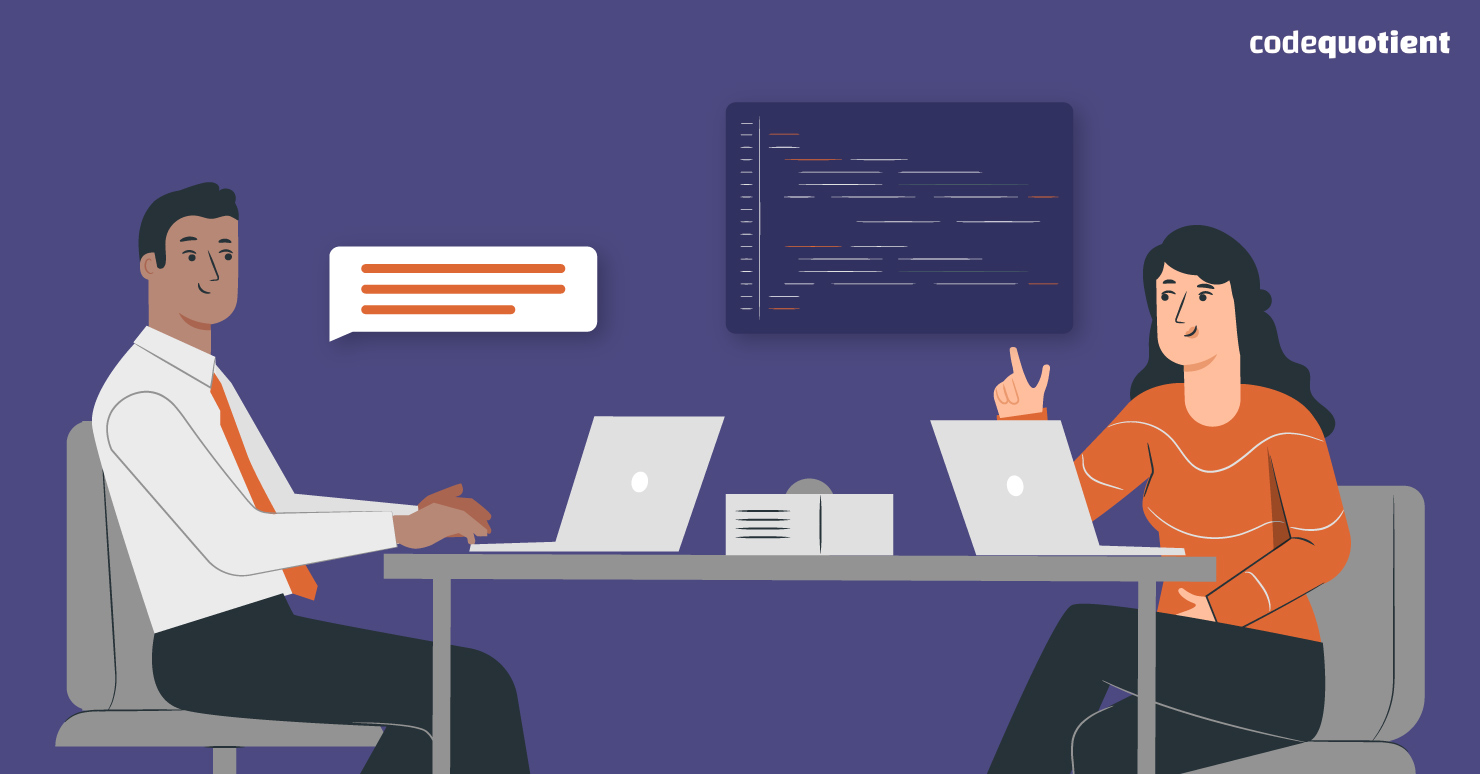You’re almost there. Preparing for a technical interview seems like such a daunting task. But step by step, you’re getting the hang of it when suddenly, your stomach sinks, and the most dreaded aspect of interviews appears — the technical round questions!
This article offers tips about how you can go about preparing for the technical interview questions without breaking a sweat, focusing on technical aspects, and your final preparation before the interview.
6 Tips to Prepare for Technical Round Questions in Interviews

To prepare for technical round questions, research the company and industry to determine what technical skills they are looking for. You should also review your experience and any relevant courses or certifications you have completed.
If you are struggling on the test day and need a quick guide, look at these six tips on how to do so!
1. Research the Company and Industry Before Technical Interview Questions
Developers often find themselves proficient in the application of programming languages. Still, their knowledge snags when they lack the needed criteria.
Developers should prepare beforehand by researching the company they are interviewing for. They should know what technologies the company uses, its development process, and how it tests potential employees’ knowledge with reference tests.
2. Review Your Past Experience and Relevant Courses or Certifications
Did you know that interviewers want to see how well you can answer common questions about your experience? They want to know how quickly and successfully you learn on the job. You may be asked to give an example of a time when you learned a new skill or took on a new responsibility.
Here is one such example: What skills and responsibilities do you have that make you a good fit for this role?
Your answer may go something like this: I’ve had experience with customer service, so I am confident in my ability to handle troubling feedback. I am also analytical and detail-oriented.
3. Prepare Answers for Technical Round Questions
Be prepared for all technical interviews, including phone and webcam, and practice common coding interview questions. It is common for interviewers to ask technical questions that require analytical thinking at the interviewer panel for any technical role. It is essential to be prepared for these questions and know how to answer them using your skillset.
4. Practice Answering
Practicing your problem-solving skills with someone who knows the subject matter well but is not involved with the interview process would go a long way.
Have concise answers to complex questions like “Why did you switch from X programming language?” and “What is the use case for this particular industry tool that I’m seeing here?”.
Technical Round questions are the most intimidating part of the interview but are also a crucial part of the hiring process. Here are some technical questions that you can practice with:
- Tell me about your understanding of software engineering (or any other job role).
- What is a code review?
- What is the difference between an algorithm and a function?
- How often do you have to “make it work” when prototyping?
- What is the difference between a data structure and a class?
- How do you find bugs?
- What are some common risks when using open-source code?
- How do you stay abreast with new technologies?
- Can you give an example of what a peer review would be like in software development?
- What have you heard about the quality of Visual Studio?
5. Be Confident During Interviews
Job interviews are a stressful undertaking. The one thing that has been found to reduce stress during interviews is building confidence.
Prepare by researching the company and the position, then confidently answer questions in an interview setting with your skills, qualifications, and experience.
You might also want to have a checklist of dos and don’ts in an interview, which might sometimes include quirky-like yet important ones like this: Don’t giggle during an interview; try to hide it as best as possible. Don’t feign understanding about a random topic to get through the first 15 minutes of your interview. This could be interpreted as nervousness or not being confident in yourself, which will be reflected in your work performance.
6. Be Open To Not Knowing It All
Even after all that rigorous preparation, you might still encounter a challenge or a behavioral question that you find difficult to answer. Be open to the possibility that you cannot always be a know-it-all. You can sincerely admit that you don’t know the answer.
You can also try to work around the question a little bit. If you can’t solve a problem posed by the interviewer, ask them if they can give an alternative solution. If not, think about what insight they may have conveyed that makes it easier to answer the question.
Check out the rest of our CodeQuotient blogs to find more interview tips and strategies on how to beat the technical round questions in an interview.
Best Resources to Help Prepare for The Technical Round of an Interview
These interviews aim to assess your coding skills, soft skills, and knowledge of the given topic. And while they are not always easy, some resources can help you prepare for them.
There are many resources to prepare for a career in technology, but not all of them will give you the information you need to succeed. It would be best to look for a resource tailored to your needs that will teach you about the industry in which you want to work.
Check out our cheat sheet, which covers digits relevant to programming, developer careers, and math-related software engineering positions.
These interviews determine whether you have the necessary skills for the job. To prepare for these questions, you must take time and study all the concepts so that when they appear, you can answer them confidently.
Our course can show you how to become a well-versed developer with good knowledge of basic programming skills and practical experience. CodeQuotient offers a popular Software Engineering Bootcamp that teaches all the skills needed to become a skilled programmer.
The CodeQuotient team consists of experts in online coding instruction. Our courses and personal coaching take you from novice to pro in a fraction of the time it might otherwise take you.




